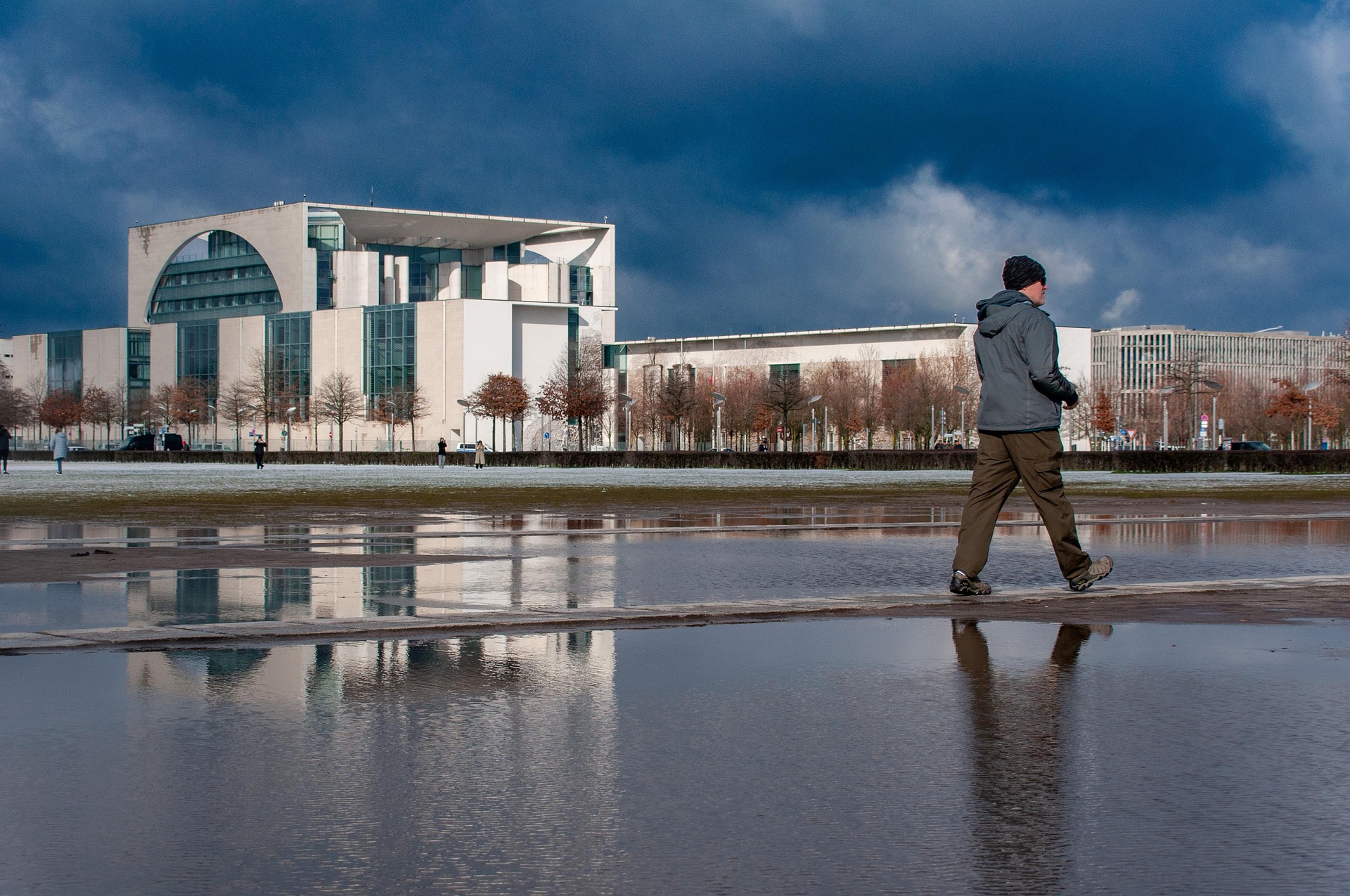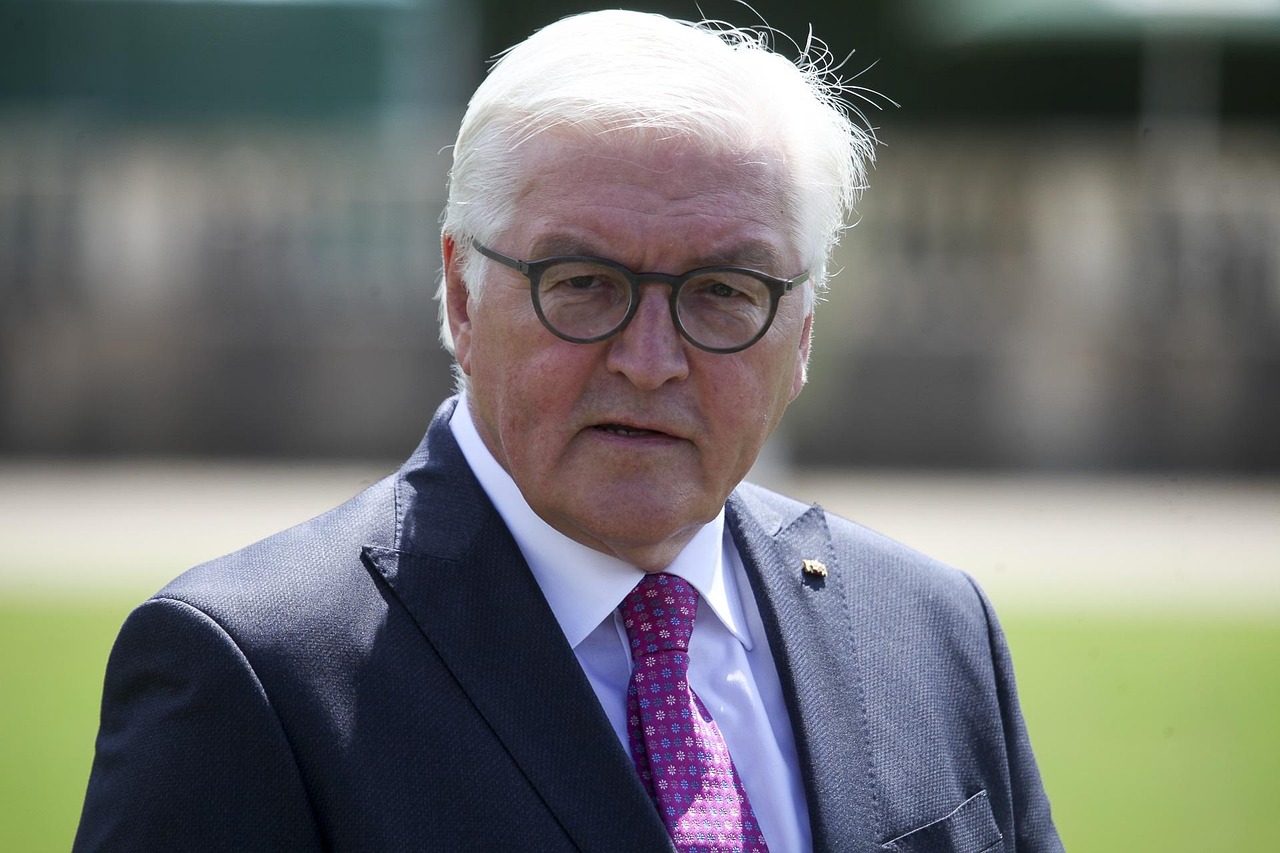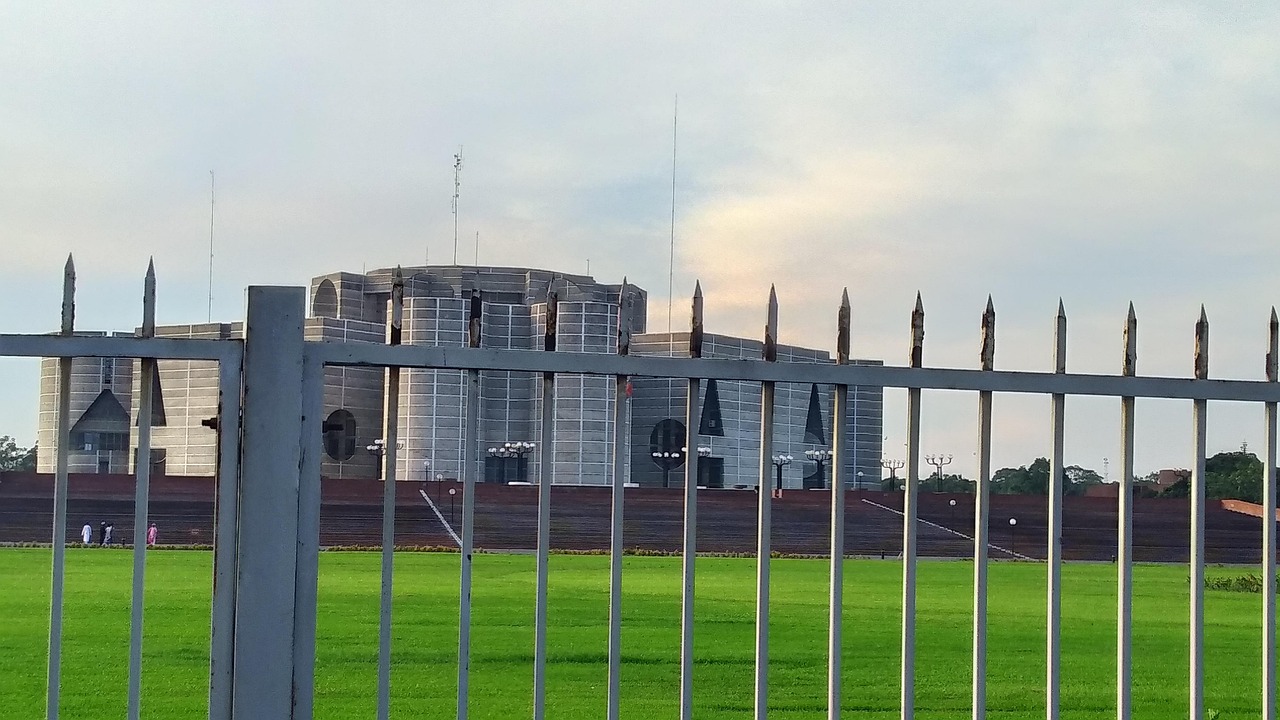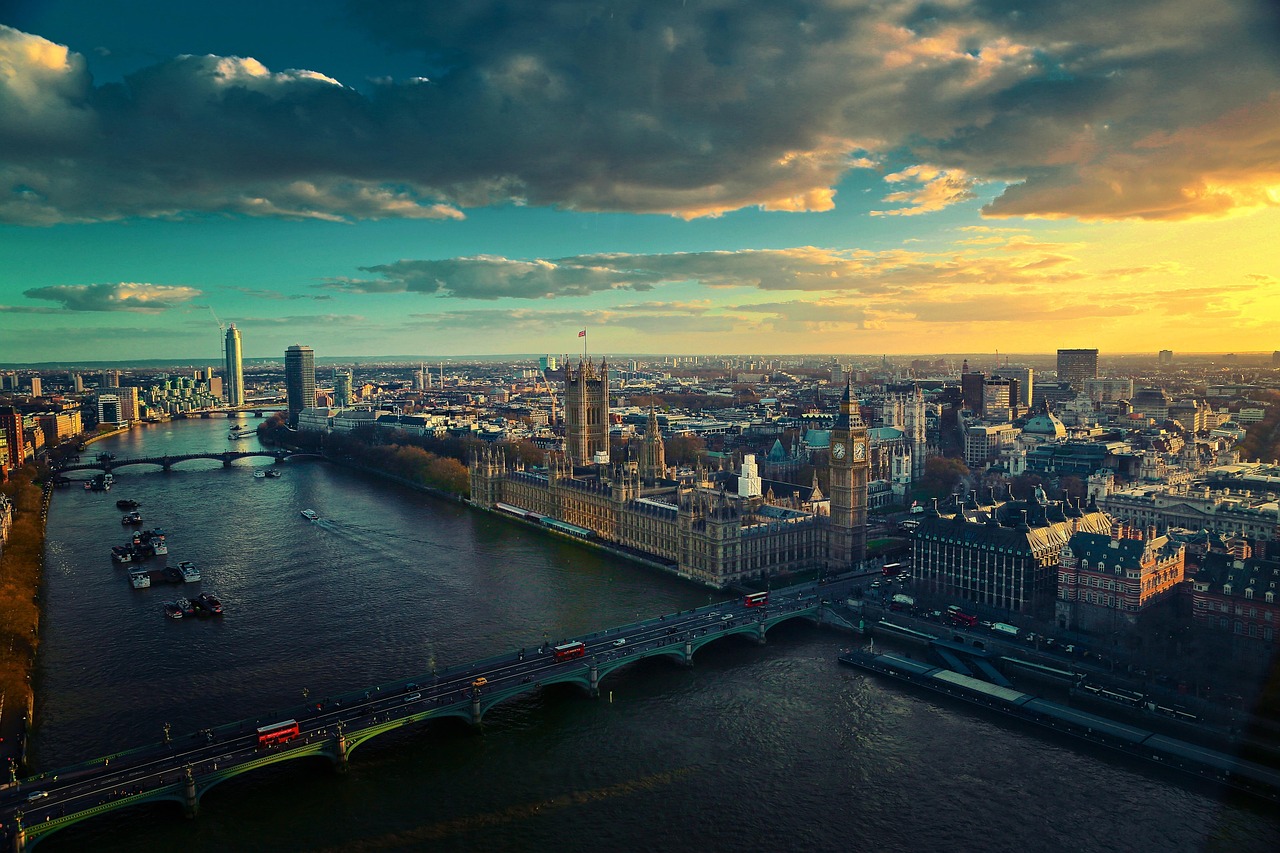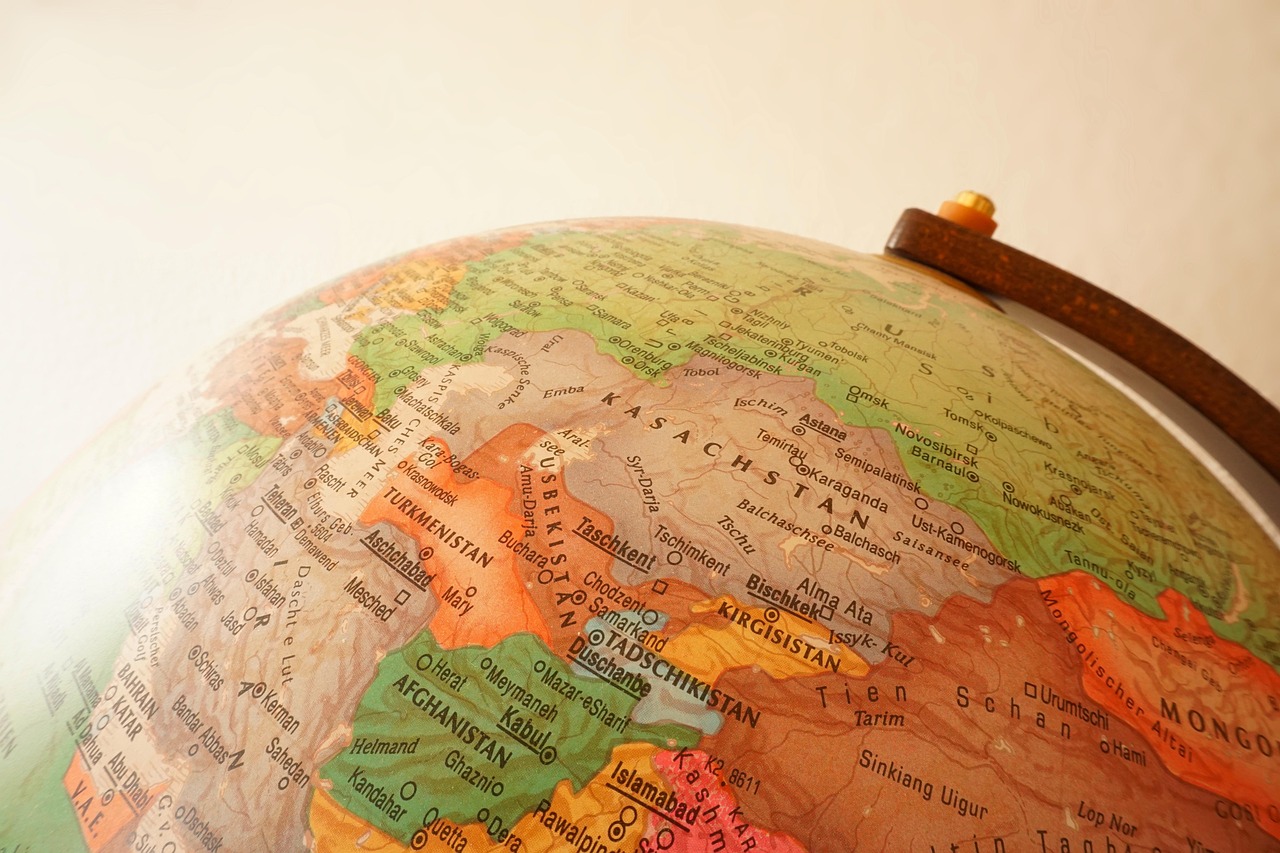UK Politics in 2025: Power, Policy, and Public Trust
1. Leadership Landscape: A Shift in Direction
Following the 2024 General Election, the UK witnessed a reshuffling of political power. Whether it’s a newly elected government or a minority-led coalition, the balance of power in Westminster has prompted significant changes in policy direction. Leadership within both the Conservative and Labour parties continues to evolve in response to grassroots demands and internal divisions.
“British politics is no longer business as usual. The people want bold answers, not tired ideologies.” — Political Commentator Emily Rhodes
2. Post-Brexit Realities and EU Relations
Though years have passed since the UK formally left the European Union, Brexit remains a central theme. Trade frictions, border issues in Northern Ireland, and regulatory divergence continue to shape political debates. Many businesses, especially in the agriculture and manufacturing sectors, have raised concerns about supply chain stability and labor shortages.
3. The State of the Union: Scotland and Northern Ireland
The push for Scottish independence has gained renewed momentum, particularly following perceived Westminster failures to address local concerns. Northern Ireland also remains politically sensitive, with debates over reunification with the Republic of Ireland and the effects of the Northern Ireland Protocol still creating tension.
4. The Economy and the Cost of Living
Inflation, energy costs, and public sector wage stagnation are pressing issues for British households. The Bank of England has maintained high interest rates to control inflation, but this has impacted mortgage holders and small businesses. The government faces pressure to balance austerity with social support.
5. Immigration, Asylum, and Border Control
Immigration remains a politically charged issue. Controversial policies, such as deportation to third countries or caps on skilled workers, have sparked debates over human rights, labor needs, and national security. The UK continues to grapple with how to manage borders while maintaining economic competitiveness.
6. Climate Politics and Green Transition
The UK government has pledged to achieve net-zero emissions by 2050, but implementation faces delays and budgetary constraints. Activist movements like Just Stop Oil and Extinction Rebellion have kept climate action in the spotlight, while political parties disagree on the pace and cost of the green transition.
“Without urgent climate investment, the UK risks falling behind both morally and economically.” — Green Party MP Ayesha Clarke
7. Technology, Privacy, and Free Speech
New legislation on online safety and digital surveillance has raised civil liberty concerns. Politicians must balance protecting citizens from harmful content and misinformation while upholding freedom of speech. Debates over AI regulation and data protection are also intensifying.
8. UK’s Global Role in a Multipolar World
Post-Brexit Britain is redefining its place on the global stage. Trade agreements with non-EU nations, military cooperation with NATO, and diplomatic efforts in Africa and the Indo-Pacific highlight this shift. However, critics argue that the UK’s influence has diminished, and more strategic diplomacy is needed.
Conclusion: Trust, Accountability, and the Path Forward
UK politics in 2025 is characterized by transition and turbulence. The next few years will determine whether the political establishment can restore public trust, address regional divides, and deliver on economic and environmental promises. As citizens become more engaged and digitally connected, the pressure on policymakers to perform—and reform—has never been higher.

